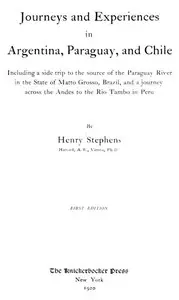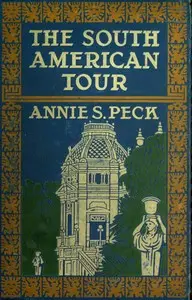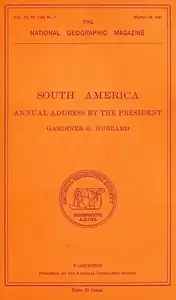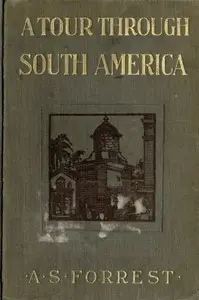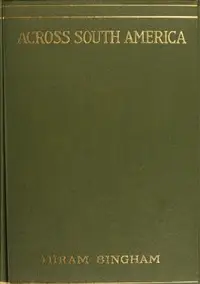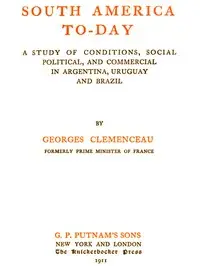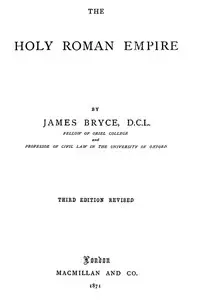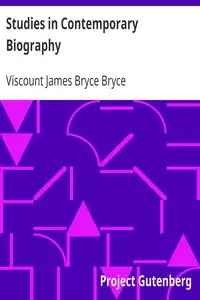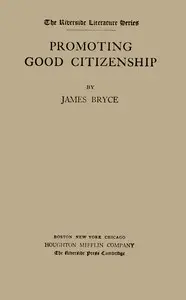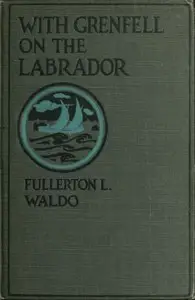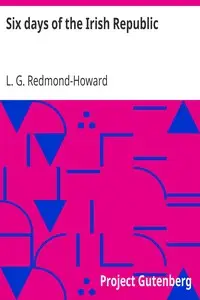"South America: Observations and Impressions" by Viscount James Bryce, is a captivating travel book from the early 1900s that recounts the author's adventures across South American countries like Panama, Peru, and Argentina. Bryce shares his personal thoughts and what he sees, giving readers a look into the area's scenery, its people, and its past. The book kicks off with Bryce talking about why he wanted to travel to South America, showing his interest in learning about the different societies, economies, past events from the seven countries he visited. He paints a picture with words, focusing on places like Panama and its important place in history. This book aims to share Bryce's own experiences and what impressed him most, showing off South America's special traits and the complicated mix of its societies and nature.
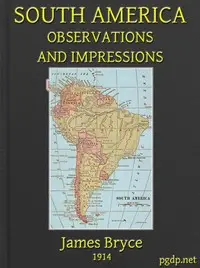
South America: Observations and Impressions New edition corrected and revised
By James Bryce Bryce
Embark on a journey to discover the diverse landscapes and rich histories of South America through the eyes of a 20th-century traveler.
Summary
About the AuthorJames Bryce, 1st Viscount Bryce,, was a British academic, jurist, historian, and Liberal politician. According to Keoth Robbins, he was a widely traveled authority on law, government, and history whose expertise led to high political offices culminating with his successful role as ambassador to the United States, 1907–13. In that era, he represented the interests of the vast British Empire to the United States. His intellectual influence was greatest in The American Commonwealth (1888), an in-depth study of American politics that shaped the understanding of America in Britain and in the United States as well.
James Bryce, 1st Viscount Bryce,, was a British academic, jurist, historian, and Liberal politician. According to Keoth Robbins, he was a widely traveled authority on law, government, and history whose expertise led to high political offices culminating with his successful role as ambassador to the United States, 1907–13. In that era, he represented the interests of the vast British Empire to the United States. His intellectual influence was greatest in The American Commonwealth (1888), an in-depth study of American politics that shaped the understanding of America in Britain and in the United States as well.

